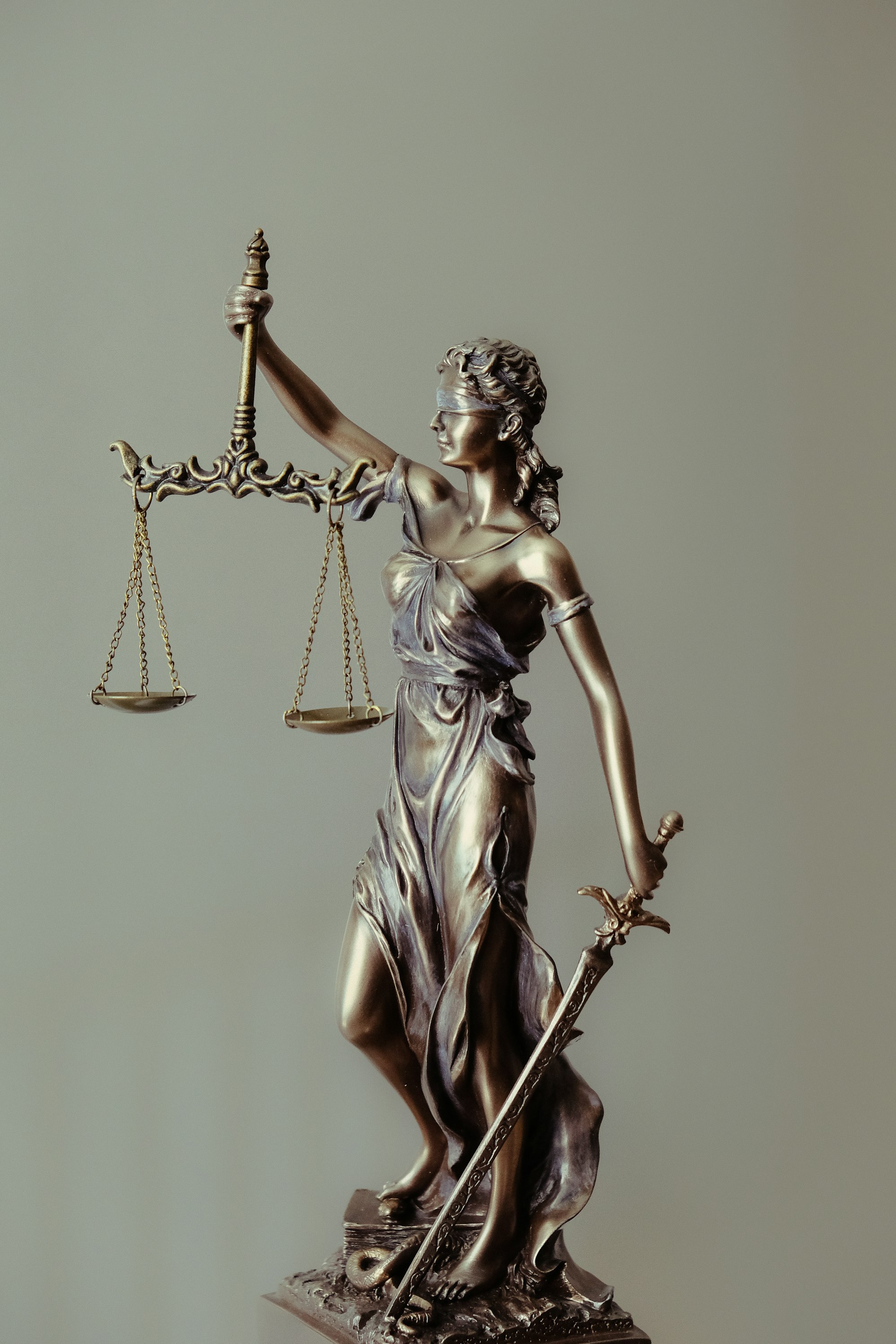What is a litigation lawyer and do I need one?

A lawsuit helps you get the legal outcome you want but may also be unpleasant and expensive.
The United States has the fifth-highest number of lawsuits per capita globally at about 75 per 1,000 inhabitants. According to the American Bar Association, there are more than 1.1 million lawyers in the US.
However, not every disagreement between parties necessitates the filing of a lawsuit.
By reading on, find out what a litigation lawyer does and if you require one.
Defining Litigation Lawyers
An attorney representing you in court following the filing of a lawsuit is known as a litigation lawyer. They also defend people who have been arrested and are now facing criminal charges.
Because you watch TV shows or other legal dramas, you are likely familiar with litigation attorneys. In a criminal case, the prosecution and defense attorneys; in a civil trial, the attorneys present in court.
However, becoming a litigation lawyer entails more than just appearing in court — the civil and criminal procedure laws in the country where these lawyers practice must be familiar to them.
Because they specify the proper course of action, the appropriate response(s), and the window of time within which a party may take action, the court's rules are crucial.
The dismissal of your claims can end your case if you miss a crucial deadline.

Litigation Case Experience
An attorney who specializes in litigation should have knowledge in the area of law where you need assistance.
While many of the attorneys you see on TV are engaged in courtroom battles, the majority of lawyers handle transactional concerns or never engage in litigation.
Transactional affairs encompass duties like assisting with a contract negotiation, a business sale, or a real estate transaction, to mention a few.
Lawyers in litigation need to be quick on their feet. That's because a lot of things occur unexpectedly in court. For instance, a judge can inquire about a legal theory or a procedural procedure.
In court, having an experienced litigator on your side can be quite beneficial.
A professor for your position
Attorneys need to defend their cause in court vigorously.
The legal issues in your circumstance should be discernible to the lawyer you choose. They will defend your position following the legal questions raised by the particulars of your case and the local law.
One of the most critical aspects of the legal representation that an attorney provides you with is this advocacy. This is so because the advocacy goes beyond the confines of the courtroom. Every aspect of the attorney-client interaction contains it.
Your attorney will speak on your behalf in all discussions with the opposing counsel. They will also do so in any discovery disputes in the lawsuit and during depositions with essential witnesses.
Successfully navigating the judicial system
When a lawsuit is filed, a disagreement between two parties assumes an entirely different significance.
A lawsuit in civil court begins with the filing of a complaint and the issue of a summons, where judges preside over non-criminal matters. A defendant or respondent is served with a complaint, and the rules of a jurisdiction specify how long that party has to answer.
Litigation may proceed in several different ways after a defendant or respondent files their reply pleading with the court.
Additionally, legal proceedings might drag on for a long time. Rather than taking days or months, complex civil lawsuits with numerous problems might go on for years. A litigation lawyer will guide you through the court system and explain how certain circumstances affect your case.
Conceptualizig Discovery
In a lawsuit, discovery is crucial for the parties to gain a deeper understanding of the relevant facts and issues.
Both written and oral discoveries are frequently made. Requests for the production of papers or other objects are included in written discovery. Written interrogatories are sent to a party for further information about a case. Depositions and other sworn statements are part of oral discovery.
Each case is factually distinct, and litigation has many moving components. Therefore, a litigation lawyer must know the legal system and how new information affects your case.
To truly understand the merits of your case, they must also be able to apply the law to the facts.
Trial Phase
Additionally, they should be able to identify a case's advantages and disadvantages and know when a matter should be settled or tried in court.
A closer examination of the hazards involved in a trial may help you make the right choice, even though it may first seem alluring to go to trial.
Approximately 97 percent of civil disputes are resolved amicably or are dismissed, according to a Justice Department of the United States research.
As a result, although it happens very infrequently, cases do sometimes go all the way to trial. You need a litigator who has experience going to court and who will, if necessary, represent you there.
Conclusion
Before a lawsuit is filed and during the legal process, having a litigation attorney on your side can be very beneficial.
Finding the ideal attorney for your particular case is crucial for you. To achieve this, you should take the time to research an attorney's background. Prior to hiring a lawyer, you should also meet with one.
By doing so, you can have a preliminary conversation with them about your legal problems and make sure they are the correct choice to represent you.
This article has not been written to offer legal advice or create an attorney-client relationship. It has been written for informative reasons only.
Photo by Tingey Injury Law Firm / Unsplash





